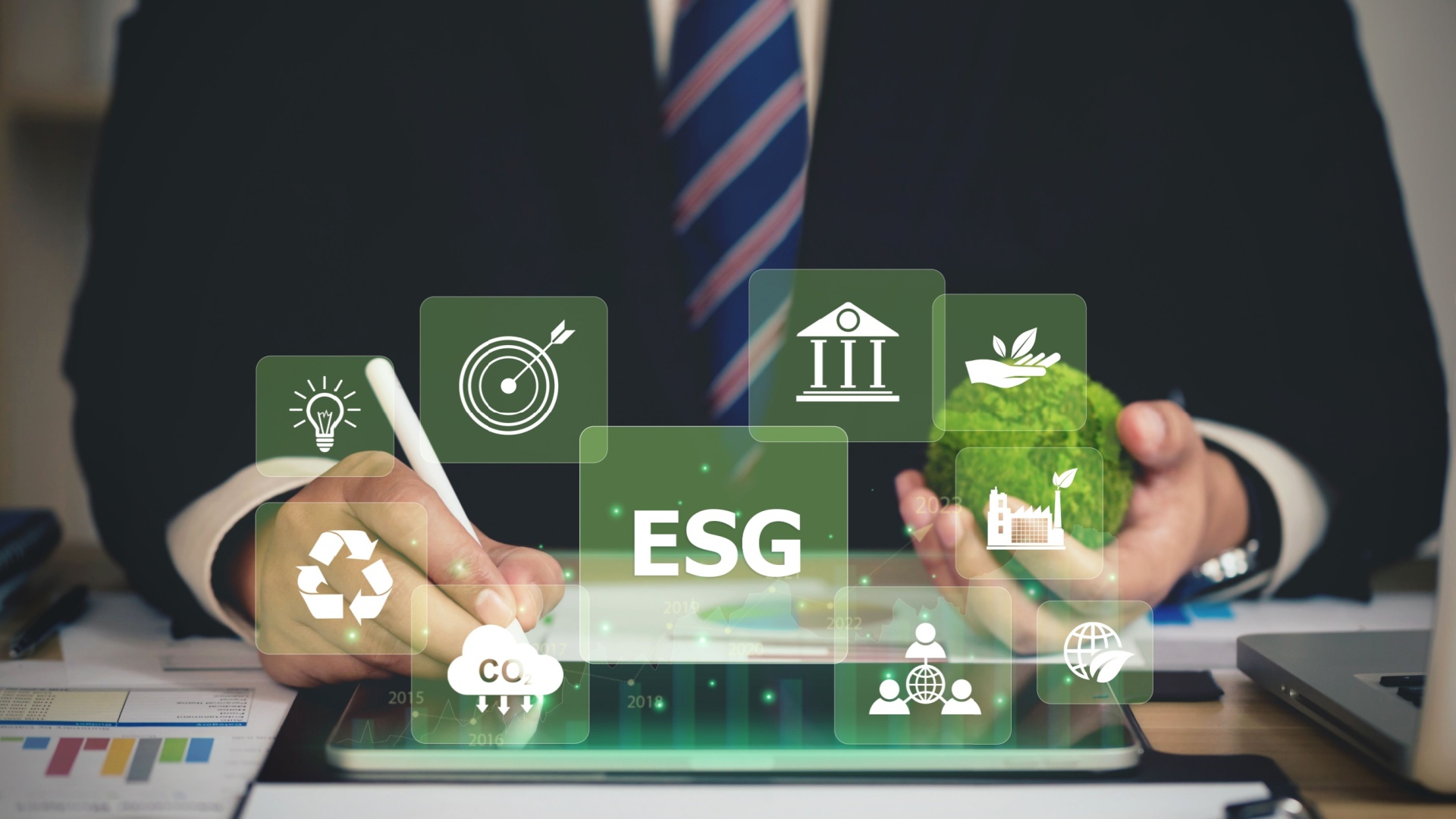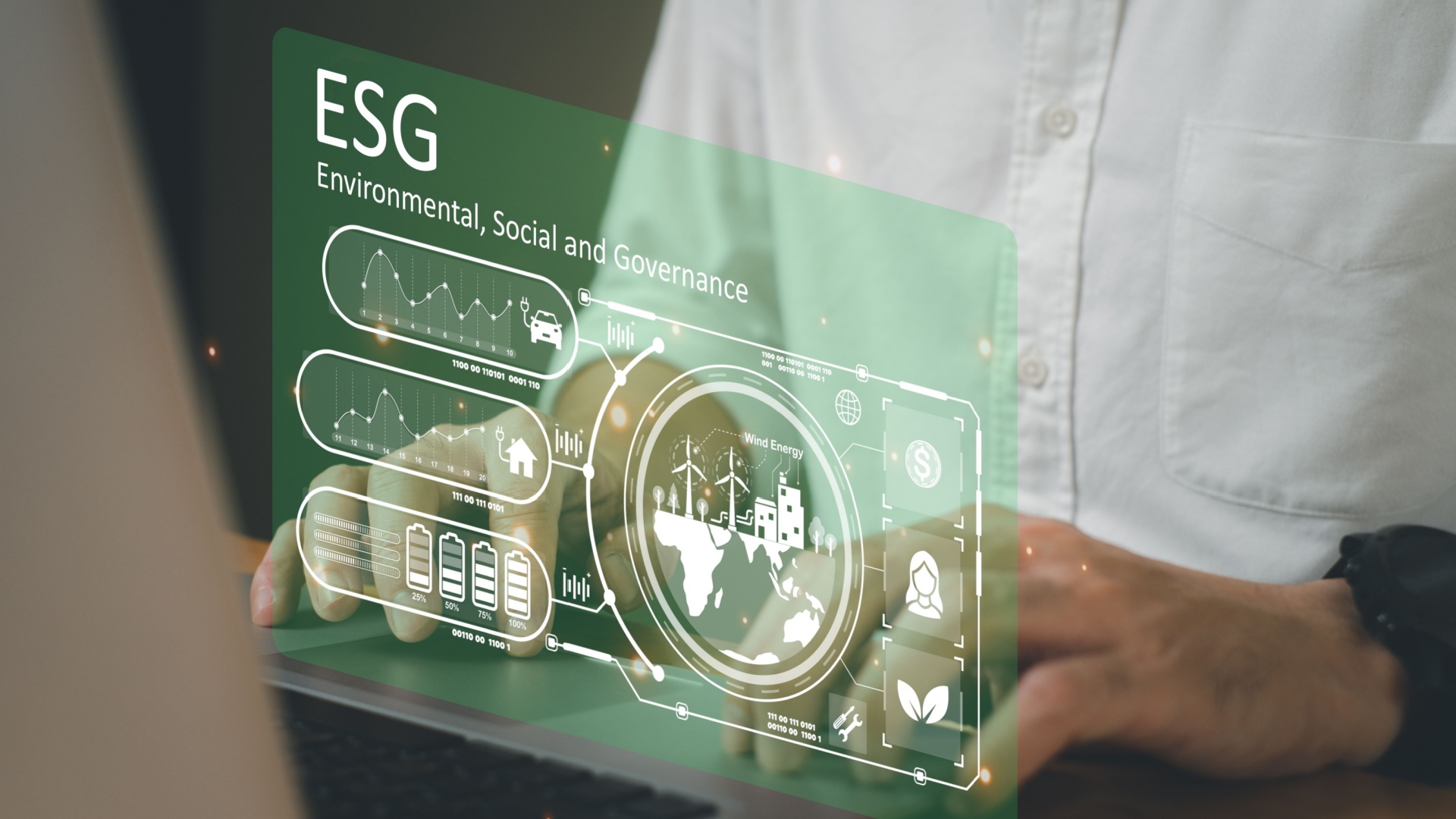
ESG criteria are charting the course for sustainable transition in both the b2b world from SMEs and large corporations to the world of finance.
The value of companies and operators that take into account environmental, social, and governance aspects does, in fact, translate into better results in terms of financing, investors, trust, reputation, and compliance. But how do you monitor that value and demonstrate the extent to which ESG criteria are important to your company? How to structure and what tools to use to implement the now essential ESG planning and reporting activities?
Do companies know how sustainable their supply chain is?
No matter what industry we are in, there is one element that is critical to everyone: assessing supply chain sustainability. The truth is that today's supply chains are at a tipping point; this moment could act as a catalyst and push many companies to create the agile, digitally autonomous and sustainable supply chains they need to meet customer expectations and especially to achieve the environmental, social and governance goals now widely known as ESG criteria.
Whether I am in the Middle East, Italy or Spain, it is the main topic that is touched upon in every meeting. But here's the thing. Most companies talk a lot about what they do in the area of sustainability, but they often only address 10 percent of their impact across the supply chain. 90% of their carbon footprint comes from the supply chain.
Part of the problem is that while sustainability is top of mind for most organizations, few have complete visibility into all of their supply chain processes to begin to make a difference. Deloitte's Global 2021 Chief Procurement Officer study found that only 18 % of chief procurement officers were monitoring their risks and only 15 % had full visibility into their supply chains. Finally, we know that 80% of consumers are willing to pay a higher price if the product comes from a renewable source and the company promotes fair labor practices.
But half of all companies do not even have a sustainability plan. And even if 90% of a company's emissions come from their supply chains, they cannot act because their supply chain is not digitally connected and they cannot collaborate with their suppliers and business partners.
After this analysis, it is critical to answer the initial question, "But how do you monitor that value and demonstrate the extent to which ESG criteria are important to your company?" This is possible with Synesgy, the global digital platform that supports all companies, of all sectors and sizes, and financial players in assessing ESG sustainability within the supply chain.
Sustainable transition is no longer an option: through self-assessment and suggested action plan, Synesgy helps you understand how to improve your ESG sustainability.



